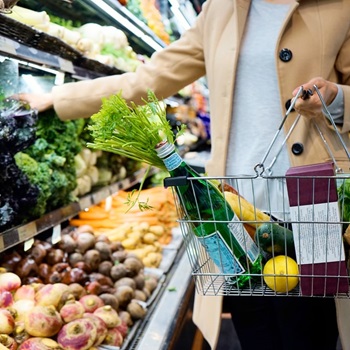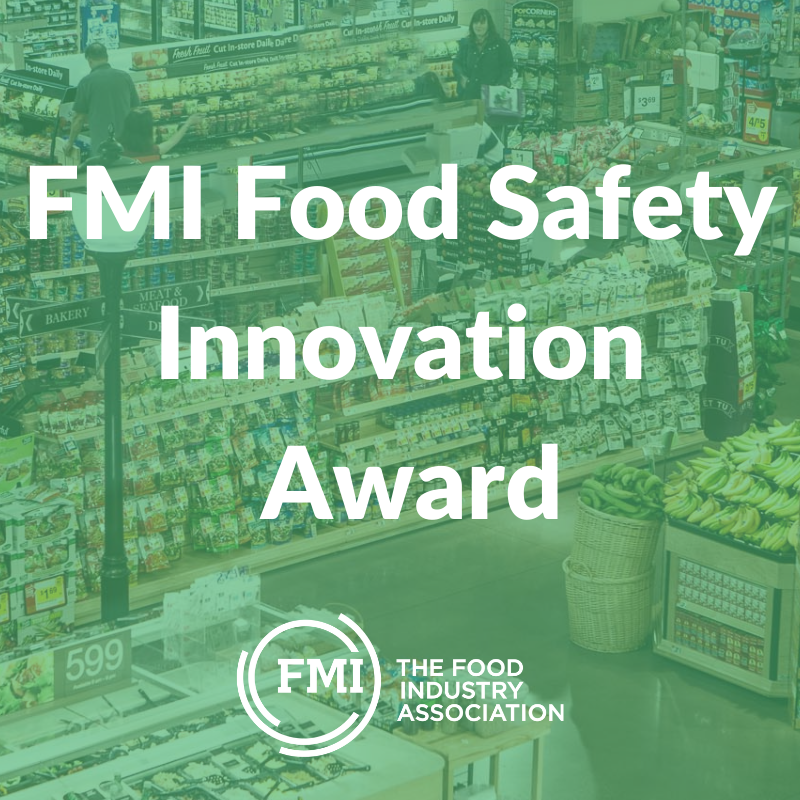By Ashley Eisenbeiser, MS, CFS, Senior Director, Food and Product Safety Programs, FMI

A strong food safety culture is not dependent on one element. An individual, an event or a policy and procedures alone do not create a strong food safety culture. Rather, elements of food safety culture must be integrated throughout an organization, at all levels - from the top down. Food safety culture has been defined as the “shared values, beliefs and norms that affect mindset and behavior toward food safety in, across and throughout the organization.” While there is not a one-size fits all approach to creating, building and sustaining a robust food safety culture, it must start at the top. Success hinges on an organization’s commitment to food safety.
FMI celebrates companies on the front lines of food safety who work tirelessly to provide safe food to consumers around the world. In partnership with the International Food Protection Training Institute (IFPTI), FMI created the Food Safety Innovation Award to recognize companies, organizations and regulatory agencies who have made innovative contributions and commitments to food safety and to encourage others in the industry, government and academia to search for creative solutions and implement new practices in continuing to keep our food the safest it can be.
Through November, 19, 2021, FMI is accepting nominations for the 2022 FMI Food Safety Innovation Award. Additional information about the award, including details about eligibility and submission requirements, can be found here.
Additional Information and Resources
FMI Food Safety Innovation Award Nomination Form
Past FMI Food Safety Innovation Award Winners
Food Safety Culture Position Paper, GFSI V1.0
Food Safety Culture Guidance Document, SQF Ed. 9
FDA and Stop Foodborne Illness Food Safety Culture Webinar Series


 Industry Topics address your specific area of expertise with resources, reports, events and more.
Industry Topics address your specific area of expertise with resources, reports, events and more.
 Our Research covers consumer behavior and retail operation benchmarks so you can make informed business decisions.
Our Research covers consumer behavior and retail operation benchmarks so you can make informed business decisions.
 Events and Education including online and in-person help you advance your food retail career.
Events and Education including online and in-person help you advance your food retail career.
 Food Safety training, resources and guidance that help you create a company food safety culture.
Food Safety training, resources and guidance that help you create a company food safety culture.
 Government Affairs work — federal and state — on the latest food industry policy, regulatory and legislative issues.
Government Affairs work — federal and state — on the latest food industry policy, regulatory and legislative issues.
 Get Involved. From industry awards to newsletters and committees, these resources help you take advantage of your membership.
Get Involved. From industry awards to newsletters and committees, these resources help you take advantage of your membership.
 Best practices, guidance documents, infographics, signage and more for the food industry on the COVID-19 pandemic.
Best practices, guidance documents, infographics, signage and more for the food industry on the COVID-19 pandemic.
